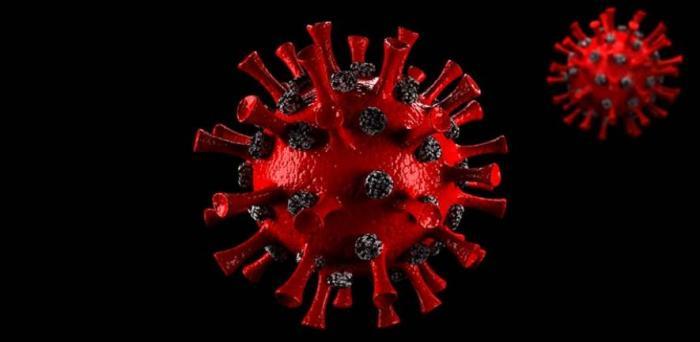While the discovery could have implications for improving the safety of repurposed ‘surge wards’, the researchers say it also opens up the possibility of being able to set standards for cleaner air to reduce the risk of airborne transmission of infections.
Over the duration of the pandemic there has been a steady rise in the evidence that the SARS-CoV-2 virus can be transmitted through the air in small droplets (aerosols). But as hospitals have seen their capacity overwhelmed, they have been forced to manage many of their COVID-19 patients in repurposed ‘surge’ wards, which often lack the ability to change the air with a high frequency. While the use of appropriate personal protective equipment (PPE) protects staff and patients significantly reduces the risk of transmission, there are still reports of patient-to-healthcare worker transmission of the virus, potentially through the inhalation of viral particles.
A team at the University of Cambridge and Cambridge University Hospitals (CUH) NHS Foundation Trust investigated whether portable air filtration/UV sterilisation devices could reduce airborne SARS- CoV-2 in general wards that had been repurposed as a COVID ward and a COVID Intensive Care Unit (ICU). The results are published in Clinical Infectious Diseases.
Image: Coronavirus
Credit: Medi2Go
Reproduced courtesy of the University of Cambridge
